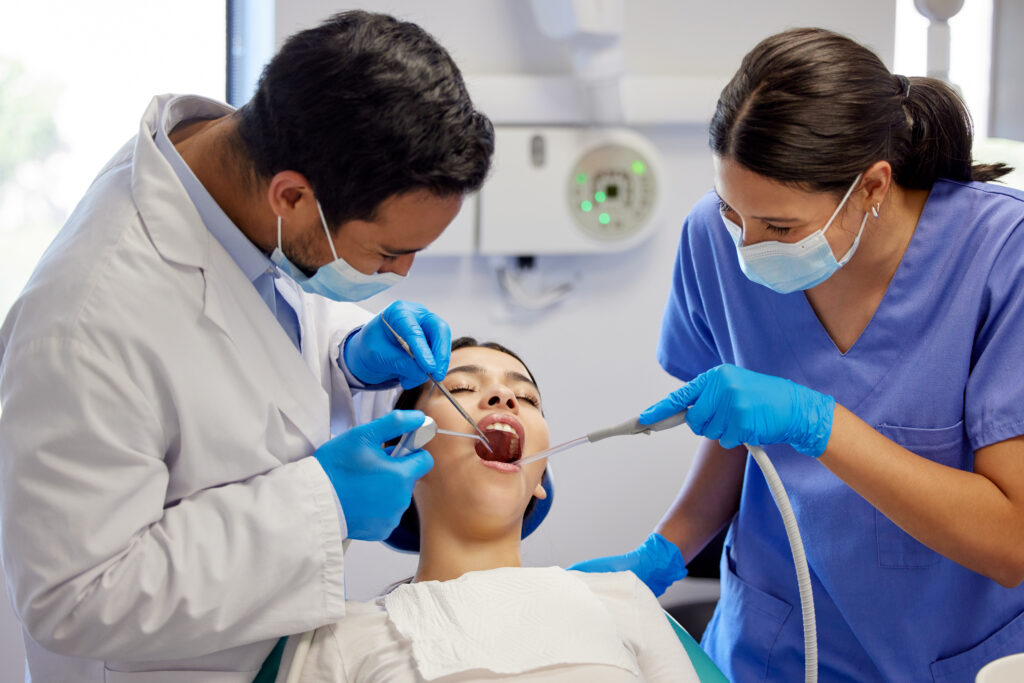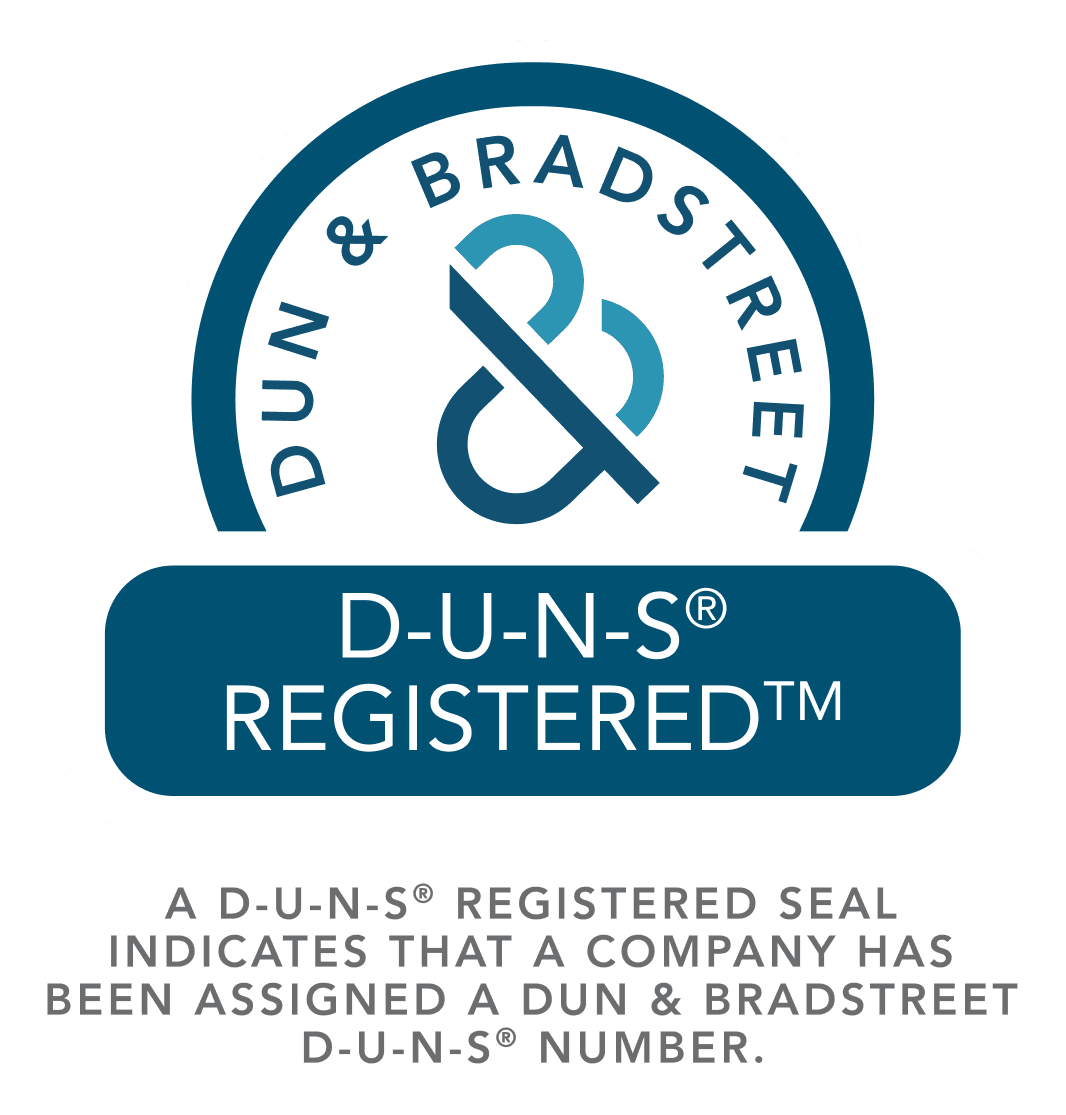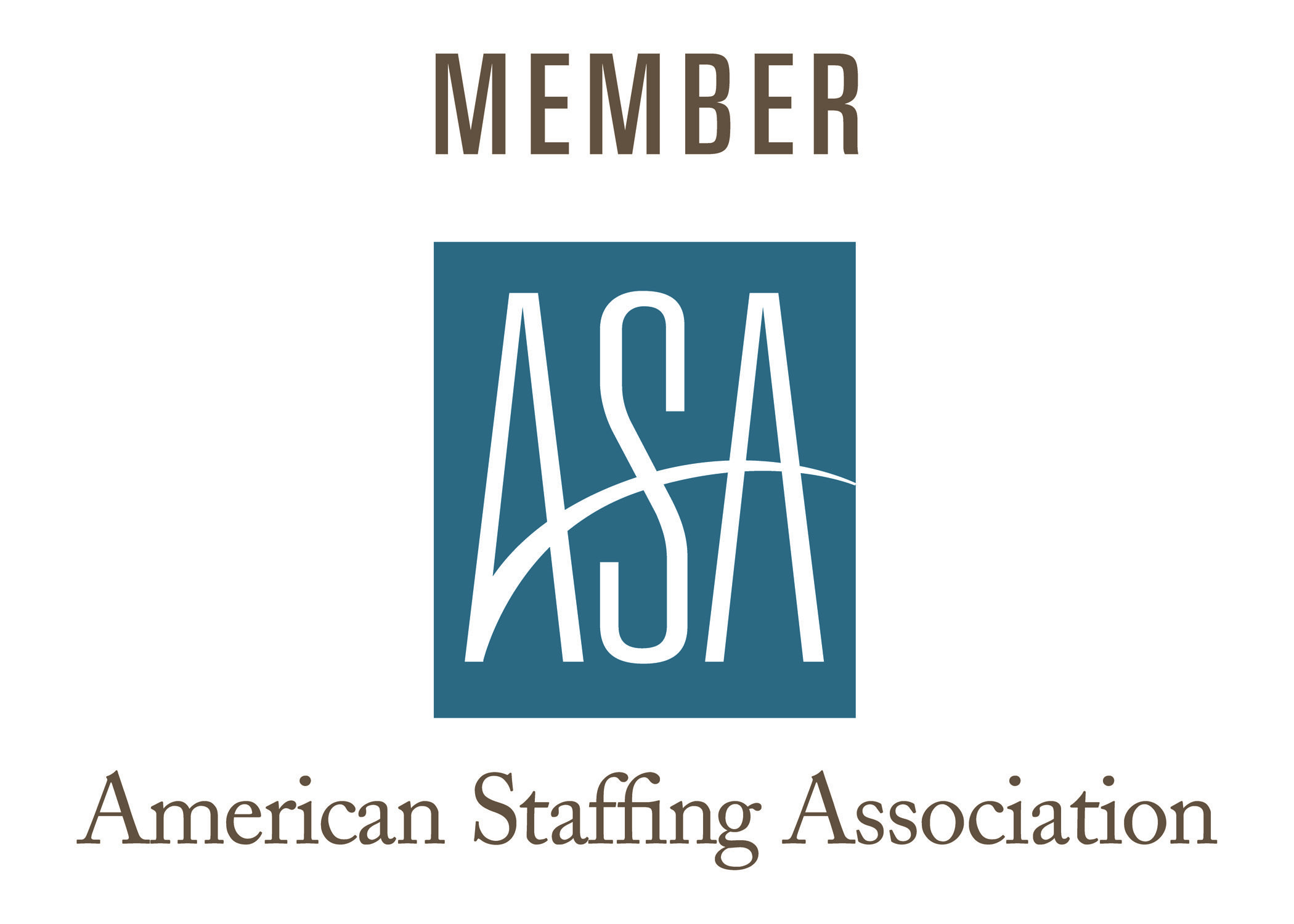The dental assistant profession is one of the fastest-growing occupations in healthcare, offering aspiring professionals a rewarding and flexible career path. Whether you're starting your journey in dental assisting or looking to enhance your credentials, becoming a Certified Dental Assistant (CDA) can be the key to advancing your career in dentistry.
In this guide, we’ll walk you through everything you need to know about dental assistant certification, dental assistant training, and the role of a CDA.
What Is a Certified Dental Assistant (CDA)?
A Certified Dental Assistant (CDA) is a highly trained professional who has earned certification from the Dental Assisting National Board (DANB), the leading authority for dental assistant certification in the United States. The CDA certification demonstrates a mastery of the essential skills and knowledge necessary to support dentists and ensure high-quality patient care.
What are the Key Responsibilities of a CDA?
As a CDA, your duties will vary based on the dental practice and your role. However, common responsibilities include:
- Assisting the dentist: As a dental assistant, you will work chairside, helping with tasks such as passing dental instruments, preparing materials, and taking dental radiographs.
- Sterilizing equipment: You will be responsible for ensuring that dental tools and equipment are properly sterilized, which is critical for patient safety.
- Patient education: A CDA often educates patients about proper oral hygiene, post-procedure care, and preventive practices.
- Managing administrative tasks: Duties may also involve scheduling appointments, handling patient records, and maintaining the dental office inventory.
How CDA Roles Differ from Other Dental Positions
While all dental professionals play vital roles in patient care, it's essential to understand the distinctions between dental assistants and other dental roles:
- Dental Hygienists (DHs) focus primarily on preventive care, such as cleanings and scaling.
- Expanded Function Dental Assistants (EFDAs) may take on additional duties, like placing fillings, depending on state regulations.
- Dental Office Assistants focus mainly on administrative tasks, without direct patient care.
Steps to Becoming a Certified Dental Assistant (CDA)
To become a CDA, you need to follow these essential steps:
1. Complete a High School Diploma or Equivalent: The minimum requirement is a high school diploma or GED. Courses in biology, chemistry, and health sciences will help you prepare for your dental assistant training program.
2. Enroll in a CODA-Accredited Dental Assisting Program: A dental assistant training program accredited by the Commission on Dental Accreditation (CODA) is essential for preparing for the CDA certification exam. These programs typically offer a combination of classroom instruction and hands-on clinical experience. For those unable to attend formal programs, online programs or apprenticeships may be available in some states.
3. Pass the CDA Exam: After completing your dental assisting education, you must pass the CDA exam administered by the Dental Assisting National Board (DANB). The CDA exam consists of three major sections:
- General Chairside Assisting
- Radiation Health and Safety
- Infection Control
After passing your exam, the DANB will officially notify you of your successful completion and issue your CDA certification, and you will receive your certification documents, which serve as proof of your credentials
4. Apply for State Licensure (if required): Some states require dental assistants to obtain a state license. You may need to submit proof of your education, undergo a background check, and pay a fee.
5. Maintain Your Certification: To keep your CDA certification, you must complete Continuing Education (CE) credits annually and renew your certification with DANB.
6. Apply for Jobs: Once certified, you can apply for jobs through Verovian Dental Recruitment Agency, which specializes in getting you locum, permanent, and contract roles for all dental professionals.

Why Certification Matters for Dental Assistants
Becoming a Certified Dental Assistant brings several benefits, both for your career and your earning potential:
- Increased Job Opportunities: Employers prefer to hire dental assistants with DANB certification, as it demonstrates that you have the necessary training and expertise.
- Higher Earning Potential: Certified dental assistants often earn more than their non-certified counterparts, especially in specialized areas of dentistry.
- Expanded Career Options: CDA certification opens doors to advanced roles, such as a Certified Orthodontic Assistant (COA) or Certified Preventive Functions Dental Assistant (CPFDA).
- Legal Compliance: In some states, certification is required to meet regulatory standards, ensuring you're compliant with local laws.
Essential Skills for Success as a CDA
To excel as a CDA, you'll need to develop several key skills:
- Strong Communication Skills: Ability to interact clearly and effectively with patients, dentists, and other dental team members.
- Attention to Detail: Precision is essential in sterilization, patient care, and record-keeping.
- Organization & Time Management: The ability to stay organized and manage multiple tasks efficiently is crucial in a dental office setting.
- Teamwork: Collaborating with dentists, hygienists, and other staff members is essential for providing the best care to patients.
Common Challenges and How to Overcome Them
- Balancing Education and Personal Commitments:
Many aspiring CDAs struggle to juggle school, work, and personal responsibilities. To overcome this challenge, consider enrolling in flexible online dental assistant programs that offer self-paced learning options. - Preparing for the CDA Exam:
The CDA exam covers a broad range of topics, which can be overwhelming for many. To ease the pressure, create a structured study plan, use practice exams, and consider joining study groups for support and guidance. - Limited Hands-on Experience:
Gaining practical skills can be difficult if hands-on experience in dental offices is limited. To overcome this, seek out internship or volunteer opportunities to gain more exposure and develop confidence in clinical settings. - Financial Constraints:
The cost of dental assistant programs and certification exams can be a barrier for some. Explore scholarships, grants, or financial aid options to help reduce the financial burden.
Conclusion
Becoming a Certified Dental Assistant is an exciting and rewarding career choice that offers stability, career growth, and the opportunity to make a meaningful impact in dentistry. By following the steps outlined in this guide, you can become certified and take your dental assisting career to the next level.
Take the Next Step in Your Dental Career
If you're a certified dental assistant looking for flexibility, growth, or a fresh start, Verovian Dental Recruitment Agency is here to help. We have roles across the U.S., be it locum or permanent, ensuring you find a position that aligns with your skills and career aspirations. Whether you’re seeking work-life balance through locum opportunities or a long-term role in a thriving practice, our team is dedicated to supporting you every step of the way. Register with us today to get started on your next opportunity!




